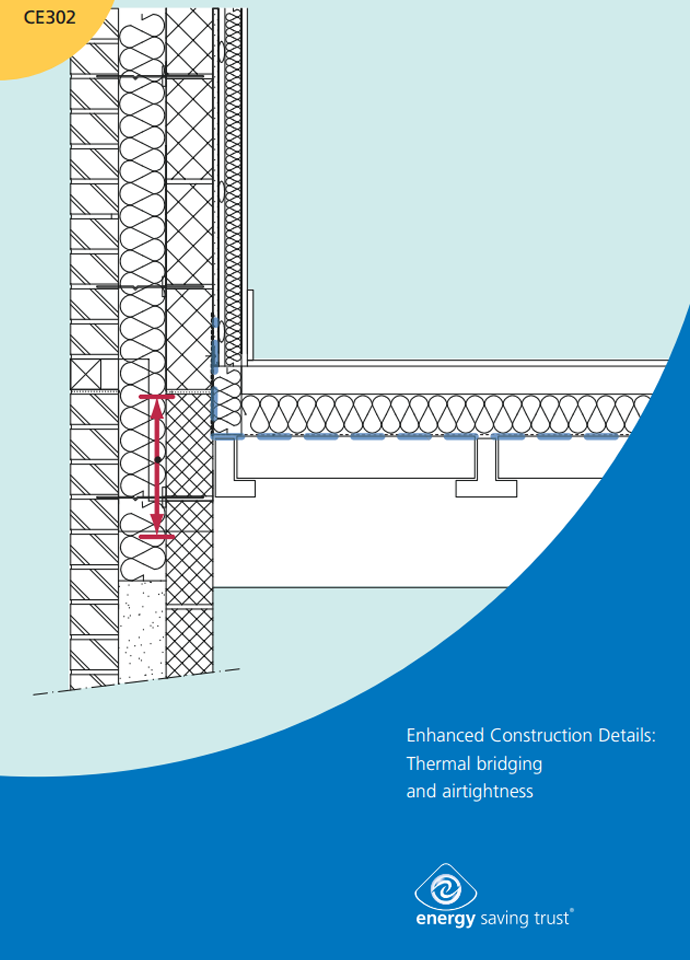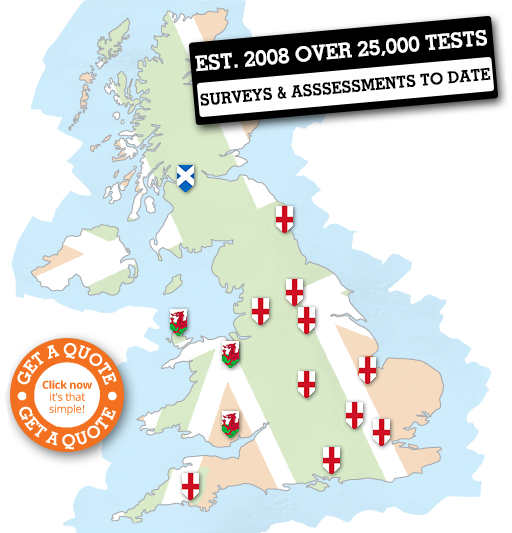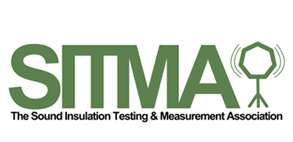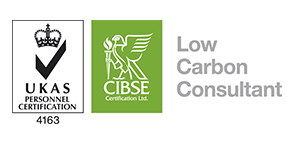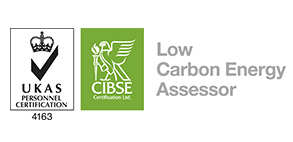Offices Nationwide

Air Testing
As part of thermographic surveys we can also use an air Pressure testing kit to depressurise the building and help detect any air leakage within the property..more

Environmental Noise Levels
The max exposure time at 85 dBA is 8 hours, at 110 dBA it's just 1 min 29 seconds. If exposed, limit the time and wear hearing protection...more
Thermal Bridging And Airtightness
Enhanced Construction Details

Asbestos_Survey is sometimes referred to as Fire Risk Assessment, Fire Safety, Fire Risk Assessment, Fire Risk Assessment, Fire Risk Assessment.
Asbestos Surveys Across the UK
What Is Asbestos?
Though three types have been widely used in building materials there are actually types of asbestos. The main ones are Chrysotile (white), Amosite (brown) and Crocidolite (blue). Blue is usually the most dangerous followed by brown and then white.
The trade and use of asbestos has been restricted or banned in many jurisdictions in the UK. Asbestos is basically a set of six naturally occurring silicate minerals used for their desirable physical properties. Though mined from rock, when broken down it breaks apart into tiny fibres.
Surveyor Qualifications
Each member of our asbestos team are holders of the BOHS (British Occupational Hygiene Society) P402 qualification - the statutory proficiency certificate in 'Building Surveys and Bulk Sampling for Asbestos'. Our experienced and professional consultants are here to help so if you have any queries please call us on 0800 043 8100 or send your query to Asbestos-Survey@e2consultants.co.uk.
We're qualified in asbestos refurbishment, management and demolition surveys for industrial, commercial and domestic buildings covering the UK. Where required can also undertake a Commercial EPC in a cost-effective package.
What's Involved In An Asbestos Survey?
A refurbishment/demolition survey, formally a type 3 survey, will be, as the name suggests, more destruction than a management survey. This will involve a surveyor accessing areas where future work is to be undertaken by knocking through a wall or drilling into floor slabs. This is to ensure that when the property is destroyed or altered that the next team in won't risk tampering with asbestos themselves that could be damaging to their health.
For an asbestos management survey, formally a type 2 survey, one of our surveyors will take small samples of suspected asbestos from a property to be sent to a lab for testing. They will also note each room in the building and the materials used in its construction - any area unaccessible will be marked as such to indicate the possibility of asbestos.
Asbestos Legislation
A risk assessment must be undertaking by employeers for employees when work is likely to involve asbestos. This should include a plan of how the work is to be carried out as well as outline, and provide solutions to, any asbestos-related issues that may occur. All information must be kept up-to-date and available to anyone who may work or disturb the asbestos containing material (ACM).
The Control of Asbestos Regulations 2012 (Reg 4) places an explicit duty on those responsible (the duty holder) for any commercial premises to identify and manage asbestos containing materials that may be present in the property.
Where Can Asbestos Be Found?
Generally speaking, people through the UK think Asbestos is just for insulation and found in the roof or a wall. Though true, Asbestos can also be used in toilet cisterns, Artex, water tanks (pre-1980), fire insulation, floor tiles, boilers and flash guards.
Our other services include:
Warning: Invalid argument supplied for foreach() in /data04/elite/public_html/Office.php on line 769
Asbestos Survey can also be known as:
Commercial Asbestos Demolition Surveys, Commercial Asbestos Management Survey, Commercial P402R Asbestos Survey, Asbestos Demolition Survey, Commercial Asbestos Survey, P402 Asbestos Survey, Asbestos Management Survey, Asbestos Refurbishment Survey, P402R Asbestos Survey, Commercial P402 Asbestos Survey, Commercial Asbestos Refurbishment Survey,
Copyright 2025 E2 Specialist Consultants Limited
Company No. 06728970
In Area D
Fire Risk Assessment in Dagenham, Fire Risk Assessment in Dalbeattie, Fire Risk Assessment in Dalkeith, Fire Risk Assessment in Dalry, Fire Risk Assessment in Dalton in Furness, Fire Risk Assessment in Danbury, Fire Risk Assessment in Darlington, Fire Risk Assessment in Dartford, Fire Risk Assessment in Dartmouth, Fire Risk Assessment in Darwen, Fire Risk Assessment in Datchet, Fire Risk Assessment in Daventry, Fire Risk Assessment in Dawlish, Fire Risk Assessment in Deal, Fire Risk Assessment in Defford, Fire Risk Assessment in Denbigh, Fire Risk Assessment in Denny, Fire Risk Assessment in Denstone, Fire Risk Assessment in Denton, Fire Risk Assessment in Deptford, Fire Risk Assessment in Derby, Fire Risk Assessment in Dereham, Fire Risk Assessment in Devizes, Fire Risk Assessment in Dewsbury, Fire Risk Assessment in Didcot, Fire Risk Assessment in Dinas Powys, Fire Risk Assessment in Dingle, Fire Risk Assessment in Dingwall, Fire Risk Assessment in Dinnington, Fire Risk Assessment in Diss, Fire Risk Assessment in Dobwalls, Fire Risk Assessment in Dolgellau, Fire Risk Assessment in Dolla, Fire Risk Assessment in Donaghadee, Fire Risk Assessment in Doncaster, Fire Risk Assessment in Dorchester, Fire Risk Assessment in Dorchester, Fire Risk Assessment in Dorking, Fire Risk Assessment in Dornoch, Fire Risk Assessment in Douglas, Fire Risk Assessment in Douglas, Fire Risk Assessment in Dover, Fire Risk Assessment in Downham Market, Fire Risk Assessment in Downpatrick, Fire Risk Assessment in Downton, Fire Risk Assessment in Drayton, Fire Risk Assessment in Driffield, Fire Risk Assessment in Droitwich, Fire Risk Assessment in Dromore, Fire Risk Assessment in Dronfield, Fire Risk Assessment in Droylsden, Fire Risk Assessment in Drymen, Fire Risk Assessment in Dudley, Fire Risk Assessment in Dudley, Fire Risk Assessment in Dufftown, Fire Risk Assessment in Dukinfield, Fire Risk Assessment in Dulverton, Fire Risk Assessment in Dulwich, Fire Risk Assessment in Dumbarton, Fire Risk Assessment in Dumfries, Fire Risk Assessment in Dunbar, Fire Risk Assessment in Dunblane, Fire Risk Assessment in Dunchurch, Fire Risk Assessment in Dundee, Fire Risk Assessment in Dunfermline, Fire Risk Assessment in Dungannon, Fire Risk Assessment in Dungeness, Fire Risk Assessment in Dunhampton, Fire Risk Assessment in Dunkeld, Fire Risk Assessment in Dunmow, Fire Risk Assessment in Dunoon, Fire Risk Assessment in Duns, Fire Risk Assessment in Dunsfold, Fire Risk Assessment in Dunstable, Fire Risk Assessment in Dunster, Fire Risk Assessment in Dunwich, Fire Risk Assessment in Durham, Fire Risk Assessment in Dursley, Fire Risk Assessment in Duxford, Fire Risk Assessment in Dyce, Fire Risk Assessment in Dymchurch,












